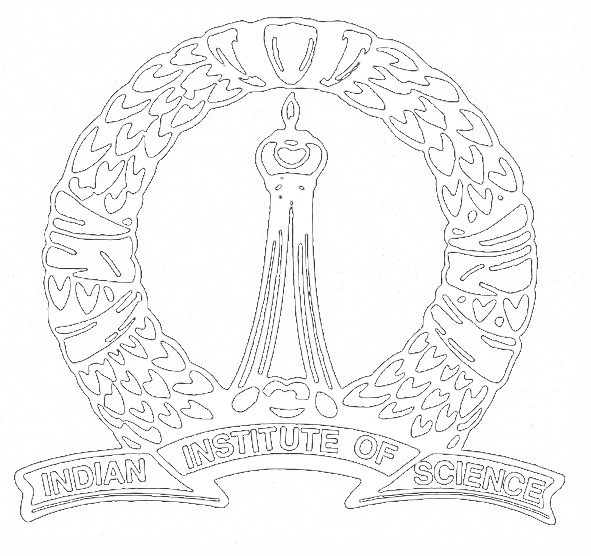Algebra & Combinatorics Seminar
Title: A $q$-analog of the adjacency matrix of the $n$-cube
Speaker: Subhajit Ghosh (Bar-Ilan University, Ramat-Gan, Israel)
Date: 04 November 2022
Time: 2:30 pm
Venue: LH-1, Mathematics Department
Let $q$ be a prime power and define $(n)_q:=1+q+q^2+\cdots+q^{n-1}$, for a non-negative integer $n$. Let $B_q(n)$ denote the set of all subspaces of $\mathbb{F}_q^n$, the $n$-dimensional $\mathbb{F}_q$-vector space of all column vectors with $n$ components.
Define a $B_q(n)\times B_q(n)$ complex matrix $M_{q,n}$ with entries given by
\begin{equation}
M_{q,n}(X,Y):=
\begin{cases}
1&\text{ if }Y\subseteq X, \dim(Y)=\dim(X)-1,\\
q^{\dim(X)}&\text{ if }X\subseteq Y, \dim(Y)=\dim(X)+1,\\
0&\text{ otherwise.}
\end{cases}
\end{equation}
We think of $M_{q,n}$ as a $q$-analog of the adjacency matrix of the
$n$-cube. We show that the eigenvalues of $M_{q,n}$ are
\begin{equation}
(n-k)_q - (k)_q\text{ with multiplicity }\binom{n}{k}_q,\quad k=0,1,\dots,n,
\end{equation}
and we write down an explicit canonical eigenbasis of $M_{q,n}$. We give
a weighted count of the number of rooted spanning trees in the $q$-analog
of the $n$-cube.
This talk is based on a joint work with M. K. Srinivasan.
- All seminars.
- Seminars for 2022
